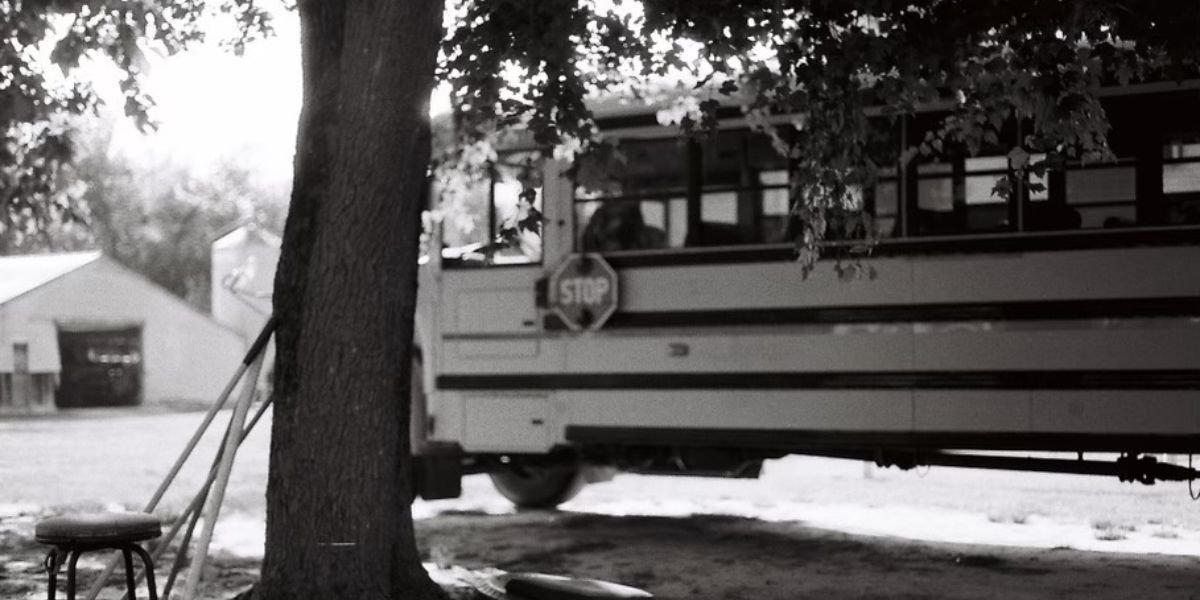RESPIRAR community advisor files motion to protect Farmworker Protection Rule
On Friday, RESPIRAR community advisor Rachel Micah-Jones announced her organization’s efforts to intervene in a lawsuit filed against the U.S. Department of Labor to stop the new Farmworker Protection Rule from going into effect.
Rachel sits on our community advisory committee as the founder and executive director of Centro de los Derechos del Migrante (CDM), a binational migrant workers’ rights organization with roots in Baltimore and Mexico City.
“Today, we filed a motion to intervene in the lawsuit to ensure that our organization and migrant agricultural workers have a seat at the table as the court decides the future of the rule,” said CDM in its announcement.
In April, the Department of Labor announced the final rule to amend its regulations with a “focus on strengthening protections for temporary agricultural workers and enhancing the Department’s capabilities to monitor program compliance and take necessary enforcement actions against program violators.”
The Department of Labor outlines the amendments in the final rule on its website. The rule addresses various protections for H-2A workers, including:
Protection from retaliation
Guest access to worker housing
The right to designate a representative
Termination for cause
Seat belts
Rate of pay
Passport withholding
Employer obligations in the event of a delayed start date
Side agreements
The Southeastern Legal Foundation (SLF) filed a lawsuit in June against the rule, representing a coalition of states, growers, and farmers. The suit challenges the new rule’s requirement to allow temporary foreign farmworkers to unionize, citing that this is “an unlawful and unprecedented move that will impose significant costs on employers while giving more rights to foreign farm workers than American farm workers.”
If their motion is granted, CDM seeks to participate in the upcoming proceedings to ensure that migrant worker voices are represented, to help protect the various components outlined in the new rule, and to provide counsel for two migrant H-2A farmworkers.
The RESPIRAR project will continue to monitor policy changes to better understand how recent directives could affect protections for farmworkers, their housing, and respiratory health.

